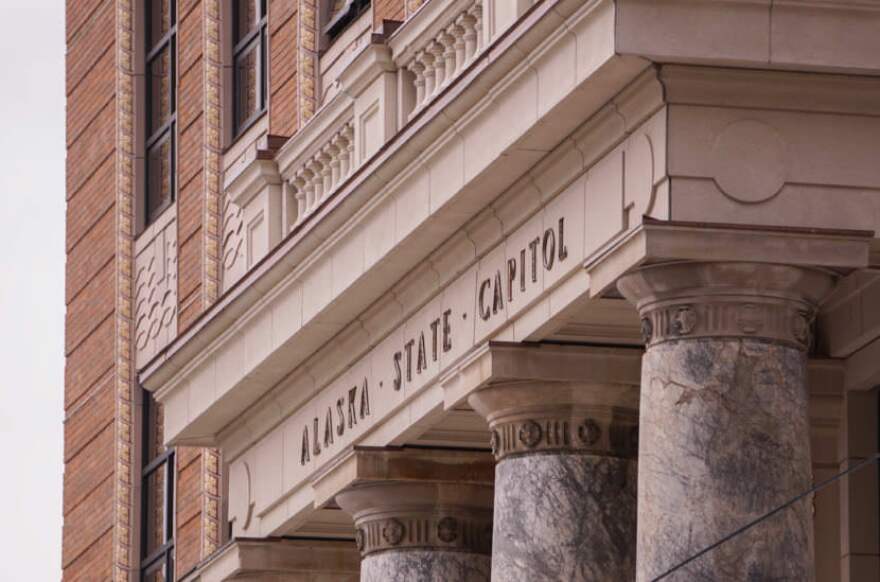Alaska’s Senate has passed its version of an operating budget for the state.
The debate over amendments took several hours, but ultimately the Senate majority accepted three out of the 25 that were proposed.
One amendment they passed would add $800,000 into a program that pays benefits to low-income seniors.
Another would distribute $20 million in one-time state education funding. That’s money that was already appropriated, but Gov. Mike Dunleavy’s budget proposal asked legislators to keep that money instead of dispersing it.
That money is also the subject of a lawsuit that was filed against Dunleavy on Wednesday.
The budget contains deep cuts to state services.
“I don’t know for sure, but I think it’s probably the biggest operating budget reduction in history of the state. I’d have to go back and look at that. But it’s significant,” said Sitka Republican Sen. Bert Stedman, who co-chairs the Senate Finance Committee.
Despite that, it’s more than $200 million in spending over last year’s budget. That’s because senators included a roughly $3,000 dividend payment in their version of the budget.
It’s also not balanced — there’s a funding gap of about $1.2 billion. They also plan to move $12 billion from the Alaska Permanent Fund’s earnings account — that’s the one that legislators can spend from — into an account that is constitutionally protected and cannot be touched.
When the Senate’s operating budget bill came up to vote, 19 voted yes, with just one — Juneau Democratic Sen. Jesse Kiehl — voting against it. He said he couldn’t support a budget that isn’t balanced.
But it’s not the final version of the budget. The House and Senate must now meet in conference committee to negotiate over the differences between their two budgets. That budget then heads to Dunleavy’s desk for approval.

